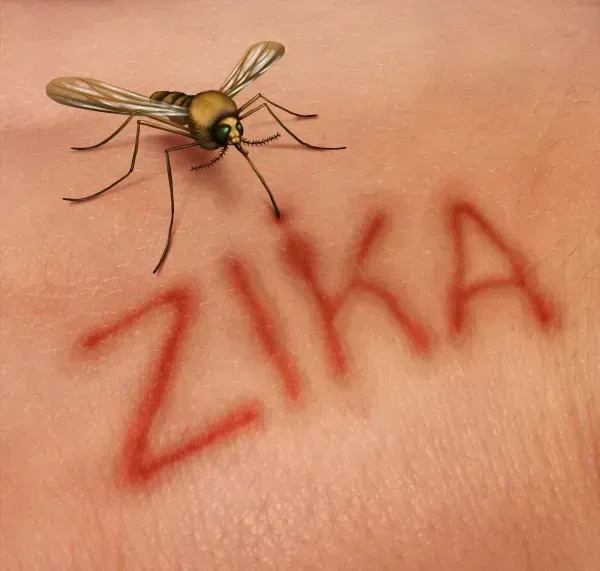Part B Insider (Multispecialty) Coding Alert
HHS Moves Forward in the Fight Against Zika with Pediatric Funding

Plus: Social needs of CMS beneficiaries addressed in recent innovation model.
As the Zika virus continues to spread farther north here in the U.S., fear and concern weigh heavily on health administrators. While Congressional support for the Zika bill is at a standstill, the lack of a vaccine remains a real worry for both the HHS and CDC.
On Sept. 8, 2016, the HHS pledged $350,000 toward the American Academy of Pediatrics’ (AAP) efforts to assist children affected by the Zika virus. The funding will go toward technical and educational support across the U.S. but particularly in the areas hardest hit by the illness already like Florida and Puerto Rico.
“Clinicians worldwide have limited experience caring for infants or children of women exposed to Zika virus during pregnancy, and no network exists to connect providers newly caring for these patients with one another and with those who have relevant expertise,” said Nicole Lurie MD, assistant secretary for the HHS department for preparedness and response (ASPR) in a Sept. 8, 2016 press release. “The AAP effort can help us bridge this gap so that providers can learn from one another and are better prepared to support and care for their patients.”
These most recent efforts come on the heels of expenditures of $8.2 million to Moderna Therapeutics and $19.8 million to Takeda Vaccines funded by ASPR’s Biomedical Advanced Research and Development Authority (BARDA) earlier this month.
Resource: For a quick link to the HHS press release on the AAP funding, visit http://www.hhs.gov/about/news/2016/09/08/hhs-awards-350000-to-american-academy-of-pediatrics.html.
In other news...
Medicare providers do the most they can for their patients, but more often than not, those beneficiaries, who are struggling outside the exam room with other problems, fall short of the system. In an unprecedented effort to address these issues, CMS is putting its money where its mouth is in a new Funding Opportunity Announcement (FOA) for a model called the Accountable Health Communities (AHC) Model.
“This is the first Center for Medicare & Medicaid Innovation model to focus on the health-related social needs of Medicare and Medicaid beneficiaries,” said Patrick Conway MD, CMS principal deputy administrator and chief medical officer in a Sept. 8, 2016 blog post. “Many of these social issues, such as housing instability, hunger, and interpersonal violence, affect individuals’ health, yet they are rarely, if ever, detected or addressed during typical health care-related visits.”
With three scalable tracks available to applicants, health care providers and organizations would have varying levels of intervention based on their tracks. The funding would be upwards of $1.17 million over a five-year period. The AHC Model will accept applications through Nov. 3, 2016 for interested parties.
CMS hopes that this type of outreach will improve the lives of its beneficiaries and save money. “The AHC Model is based on emerging evidence that addressing health-related social needs through enhanced clinical-community linkages can improve health outcomes and reduce costs,” Conway explains.
Resource: To take a look at the CMS blog post with a link to the AHC Model application, visit https://blog.cms.gov.
Related Articles
Part B Insider (Multispecialty) Coding Alert
- Compliance:
Is Your Practice Texting in Line with HIPAA Standards?
Ensure that you’re protecting yourself and your patients when you text. Mobility—it is both the [...] - EHR Overload Affects Physicians' Performance, a New AMA Study Reports
Many enter the field of medicine with high hopes of engaging with the public on [...] - Modifiers:
Are You Up to Speed on Modifier 24?
Take a look at these examples to see if you are coding it correctly. Evaluation [...] - Preventive Services Mythbuster:
Bust These Glaucoma Screening Myths to Secure Medicare Pay
Hint: Medicare may not view a year the same way your calendar does. Your eye [...] - Physician Notes:
HHS Moves Forward in the Fight Against Zika with Pediatric Funding
Plus: Social needs of CMS beneficiaries addressed in recent innovation model. As the Zika virus [...]




